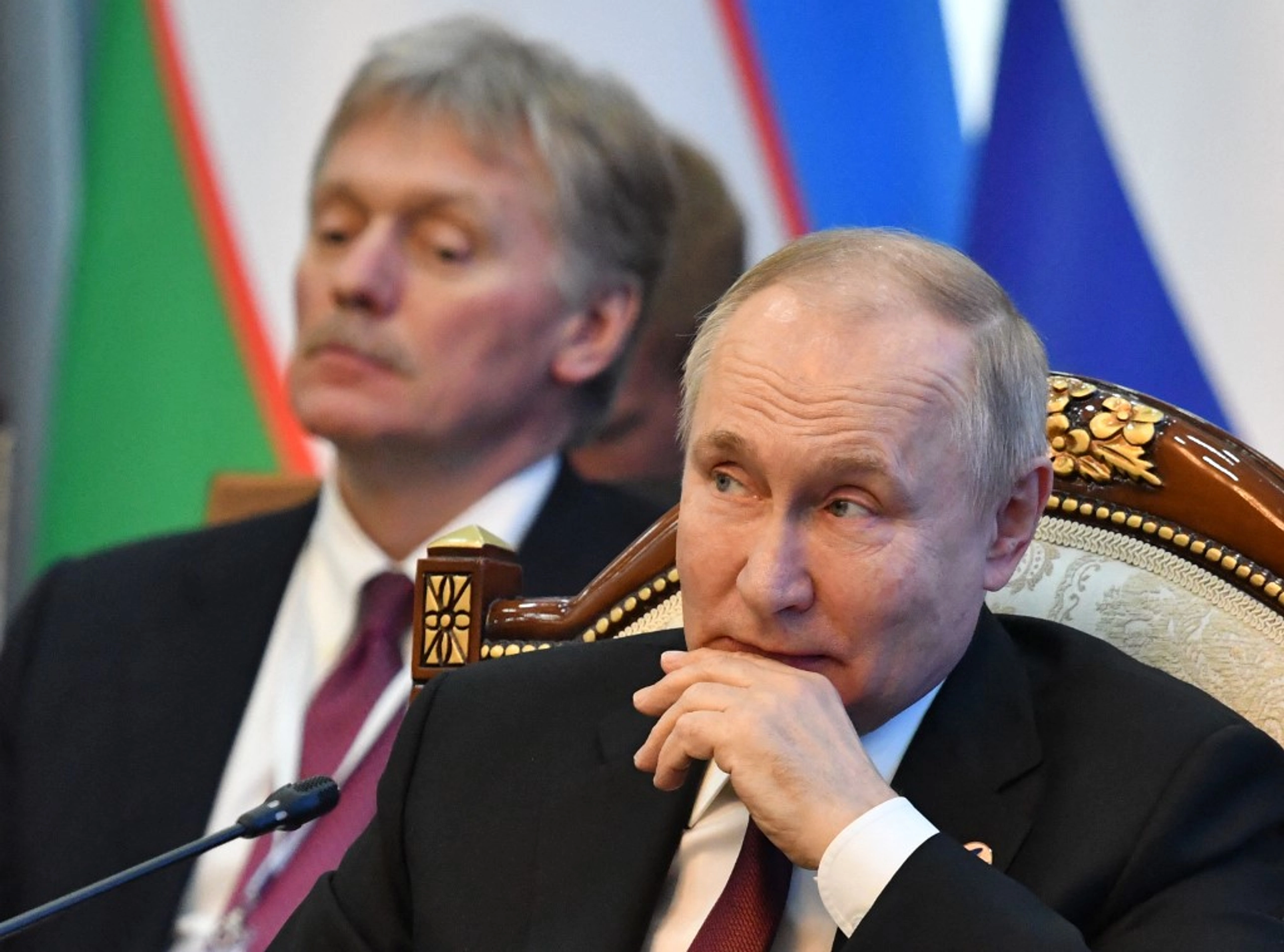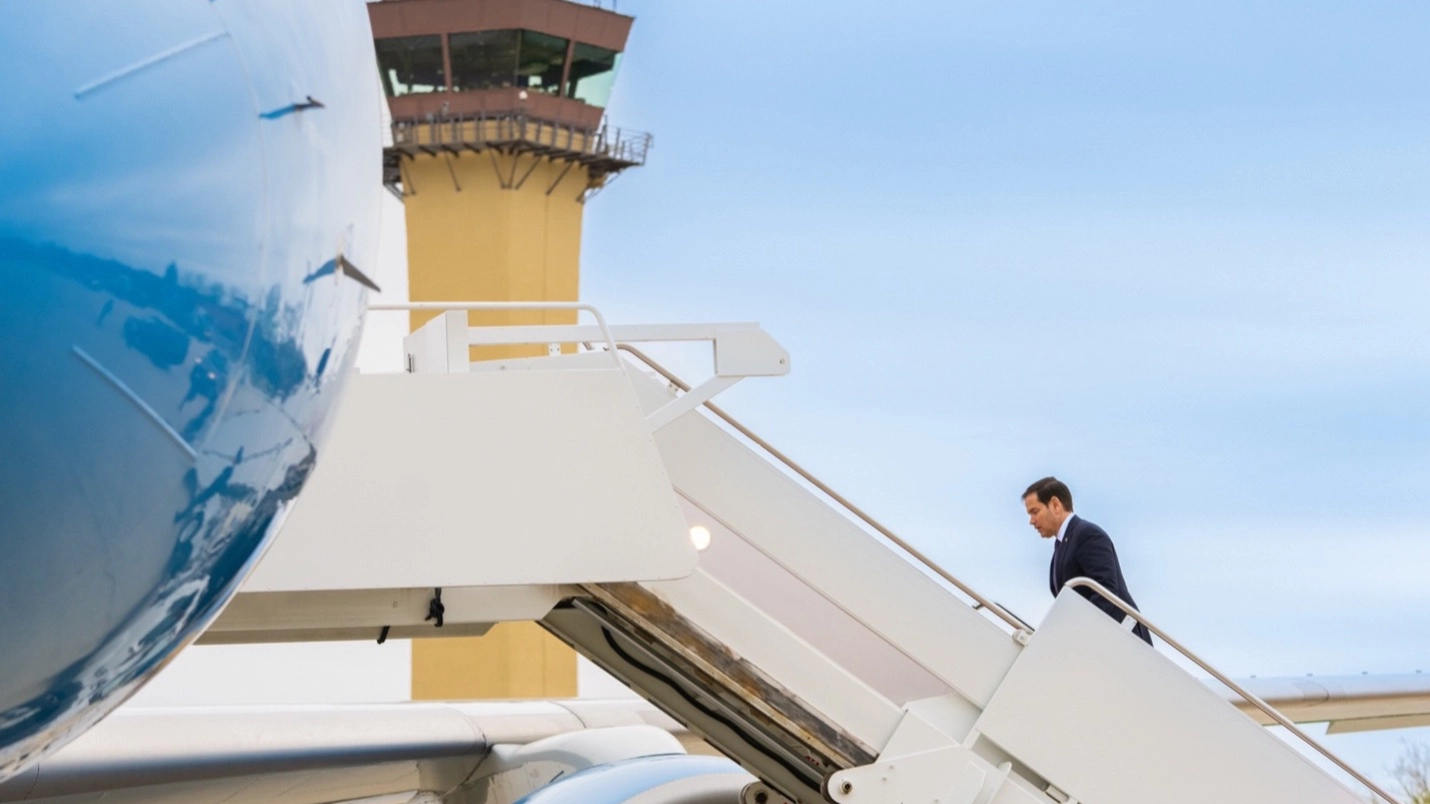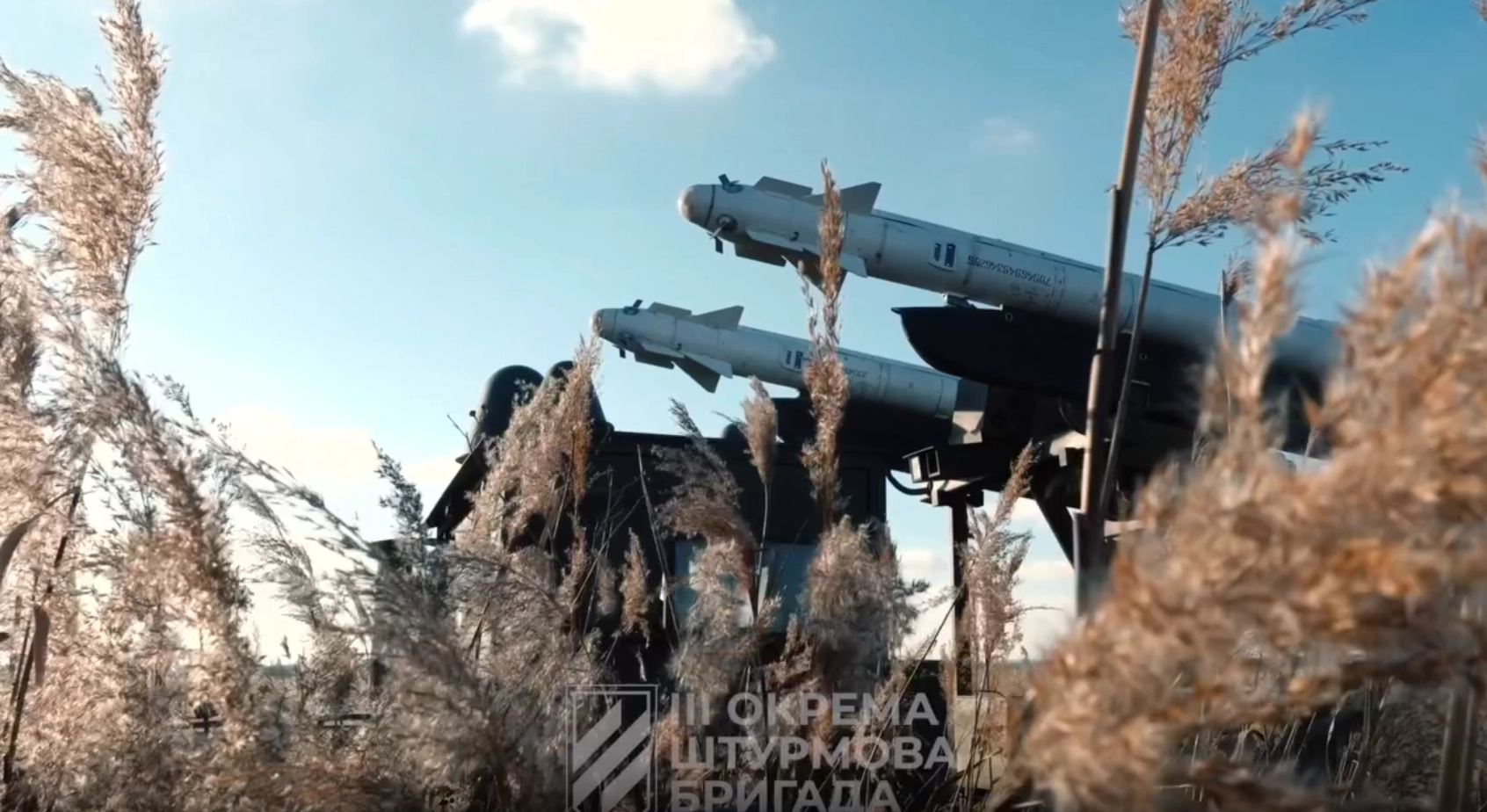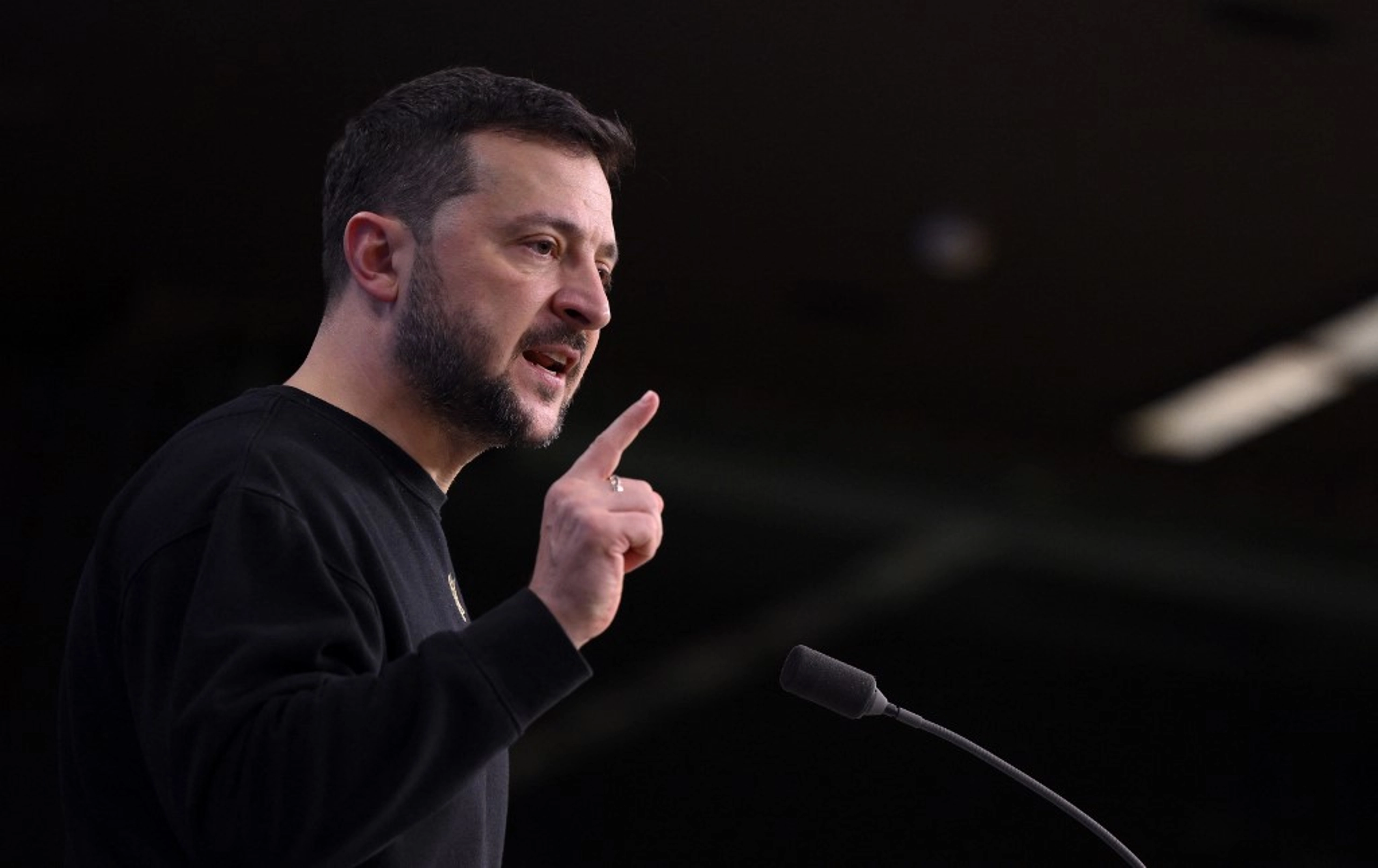Russian leader Vladimir Putin and his spokesperson Dmitry Peskov attend the Supreme Eurasian Economic Council meeting at the Congress Hall in Bishkek on Dec. 9, 2022. (Photo by Vyacheslav Oseledko / AFP) Shortly after midnight on Sunday, Moscow time, Russian President Vladimir Putin held a surprise press conference. After thanking international partners, he called for a global coalition to combat “fascism.” Then, without transition, Putin proposed direct, unmediated peace talks with Ukraine in Istanbul. The announcement came amid rising concern. The US Embassy in Kyiv had just warned of a possible large-scale aerial assault on Ukraine. Some analysts hinted that Putin’s sudden shift in tone appears calculated: to justify escalation, but pivot to diplomacy as a distraction. Hours later on Sunday, Pope Leo XIV responded from the Vatican. Delivering his first public blessing as pontiff before a crowd of 100,000 in St. Peter’s Square, he called for an immediate end to the war. “Let everything possible be done,” he urged, “to achieve genuine, just, and lasting peace.” Before becoming pope, as Bishop Robert Prevost in Peru, he had already called Russia’s invasion an “imperialist” act. His words now carry the full weight of the papacy. Later that day, US President Donald Trump posted on Truth Social that Putin had proposed a meeting with Ukrainian President Volodymyr Zelensky in Turkey on Thursday. Trump urged Ukraine to accept “immediately.” Once confident he could broker a deal, Trump’s tone was more cautious, reflecting doubts over whether Putin intends to negotiate in good faith. Source: www.kyivpost.com
Is a Ceasefire Imminent? Inside the Unprecedented Global Pressure Campaign on Putin



